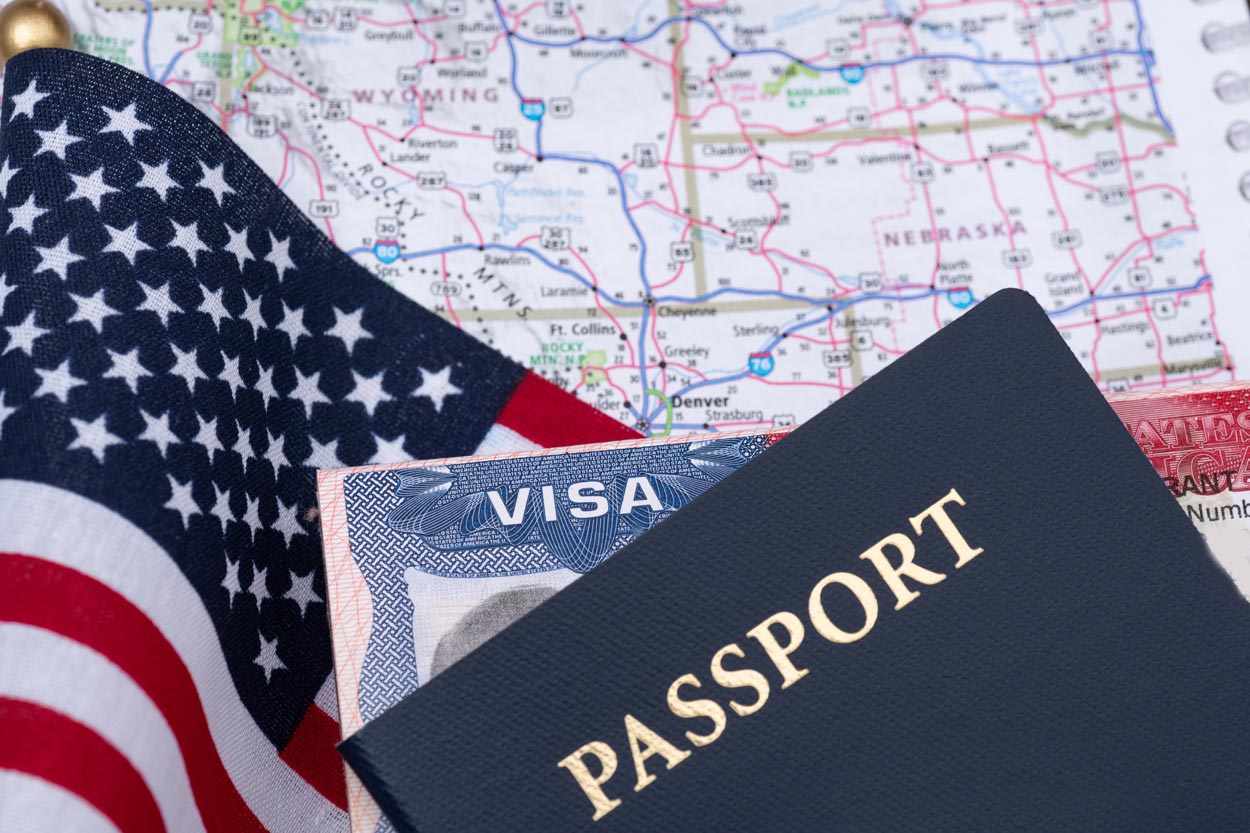
Have you stayed beyond your visa or entered the U.S. without inspection? An unlawful presence waiver helps immigrants who have remained in the U.S. without legal permission. This blog will explain the waiver, who qualifies, and what happens after approval.
What Does Unlawful Presence Waiver Mean?
An unlawful presence waiver gives special permission to some immigrants who have illegally spent time in the US. Usually, if you leave the US after being here unlawfully for more than 180 days, you face a reentry ban. This ban can last for several years, typically three or ten years, depending on the length of the stay. An unlawful presence waiver helps to overcome that ban.
Eligible individuals can get permission to leave the US for their visa interview without facing the automatic reentry ban. If approved, they can attend their interview at a US consulate abroad. If they get visa approval, they may return to the US legally.
The 601A waiver or provisional unlawful presence waiver means you can stay in the US to make this process easier. Individuals to apply while still in the US. This process reduces the time spent separated from their families.
Who Qualifies for a 601A Waiver?
Here are the key qualifications for the application for provisional unlawful presence waiver:
- Applicants must have a relative who is a US citizen or a lawful permanent resident. This relative could be a spouse or a parent. The waiver is meant to prevent extreme hardship to the qualifying relative if the applicant can’t return to the US.
- Applicants must be physically present in the US when applying for the provisional unlawful presence waiver. Once they have waiver approval, they must plan to leave the US to attend their visa interview abroad.
- Applicant must be at least 17 years of age when filing.
- Applicants must have an approved immigrant visa petition. This can include a family-based visa (Form I-130) or an employment-based visa. Once they clear the unlawful presence issue, they already have a pathway to legal residency.
The 601A waiver only addresses unlawful presence. Applicants must not have other grounds of inadmissibility. Criminal convictions or prior deportations would need different waivers.
How to Apply for the Provisional Unlawful Presence Waiver

Applying for a provisional unlawful presence waiver involves a series of steps. Below is a breakdown of the provisional unlawful presence waiver process:
- Complete Form I-601A. The main form for this waiver is Form I-601A, Application for Provisional Unlawful Presence Waiver. This form is filed with the U.S. Citizenship and Immigration Services (USCIS).
- Collect documents that support your application, including:
- Proof of your relationship with the qualifying relative (e.g., marriage certificates, birth certificates).
- Evidence that your qualifying relative would experience extreme hardship if you can’t return. This could include financial records, medical records, and letters from doctors or employers.
- A copy of your approved immigrant visa petition and notice of approval.
- Pay the filing fee for Form I-601A. You must pay when submitting your application. You must include proof of payment when you file the waiver application.
- Submit your completed Form I-601A and all supporting documents to the address specified by USCIS. Double-check that you have included everything before sending it to avoid delays.
- Attend the biometrics appointment. After submitting, USCIS will schedule an appointment for fingerprinting and photo identification.
- USCIS will review your application and may request more information if needed. The provisional unlawful presence waiver processing time can take several months.
What Happens After a Waiver Is Approved?
After you have provisional unlawful presence waiver approval, this is what you can expect:
- Applicants must leave the US and travel to their home country for the interview. Approval of the waiver does not grant immediate legal status in the US.
- Applicants must attend a visa interview at a US embassy or consulate in their home country. A consular officer will review the case and determine if they qualify for the visa.
- Applicants with visa approval can reenter the US and continue adjusting their status.
It’s important to remember that waiver approval does not guarantee a visa. But, it may improve the chances of a successful visa application by removing the penalty of unlawful presence.
Simplify the Immigration Bond Process
Let Liberty Immigration handle your bail bond process. We make it possible for families to reunite faster during immigration cases. Get help today!